ACSA international representative Libby Hepburn appointed to Vice-Chair of the Citizen Science Global Partnership
On 3 October 2022, citizen science networks and practitioners from around the world welcomed the formation of the Citizen Science Global Partnership (CSGP), a newly established association which seeks to promote and advance Citizen Science for a sustainable world.
The partnership’s mission is to coordinate the collaboration of existing citizen science practitioners with international organizations and governments, and support the use of citizen science data and tools as key contributor to the global effort towards sustainable development.). It will establish diverse and inclusive partnerships across geographies, cultures, and research domains, promoting citizen science as a unifying, enabling and multiplying force for change.
At the partnership’s core is a network-of-networks of six citizen science associations that cover most of the globe: the Australian Citizen Science association (ACSA), Citizen Science Africa Association, CitizenScience.Asia, the US-based Citizen Science Association (CSA), the European Citizen Science Association (ECSA), and the Ibero-American Network of Participatory Science (RICAP).
CSGP is incorporated as a non-profit association in Austria hosted by the International Institute for Applied Systems Analysis (IIASA). At the first general assembly of the CSGP association, experts from UNEP, UNESCO and UNICEF emphasized the importance of this partnership to help their organizations connect with the wider world of citizen science. An initial set of board members from the six citizen science associations and the founding members were elected. The elected Chair of the Board is Martin Brocklehurst, representing ECSA, and the Vice Chair is Libby Hepburn, representing ACSA.
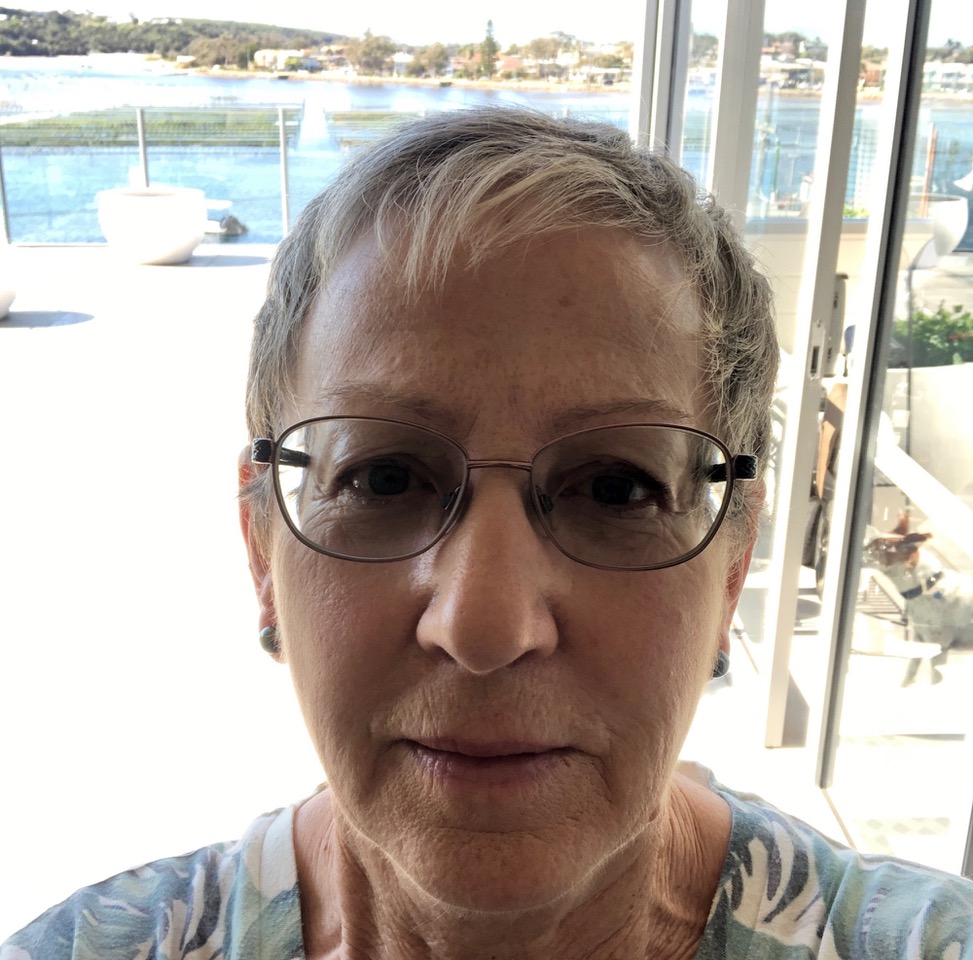
Response from Libby Hepburn:
I am very proud to have been elected as Vice-chair of this first Board and will work hard to represent ACSA’s interests and help establish CSGP to be a powerful influence for the growth of citizen science across the world and for all peoples. CSGP brings together all the regional Citizen Science Associations to amplify their efforts and harmonise the global movement.
Other CSGP updates from Libby:
In July the CSGP co-created draft Strategic Plan was circulated to the 6 regional Citizen Science Associations and approved by them and the Interim Board. This will be offered to the new Board now the CSGP has become a legal entity and was launched in Laxenburg (Austria) on October 3rd.
Now CSGP has been launched, we begin the establishment phase of the organisation. Our initial host organisation, the International Institute for Applied Systems Analysis (IIASA) and The University of Geneva (UNIGE) / Citizen Cyberlab, have both generously offered their people’s time to support the CSGP as the Secretariat, as well as other resources, like a base at the UNIGE Citizen Science Centre for meetings. The first General Assembly took place on October 3rd at the launch hosted by IIASA at Laxenburg (Austria). We were graced by speakers from UNEP, UNICEF and UNESCO, as well as the Chairs of the regional Citzen Science Associations to help celebrate the occasion.
UNESCO Open Science Recommendation
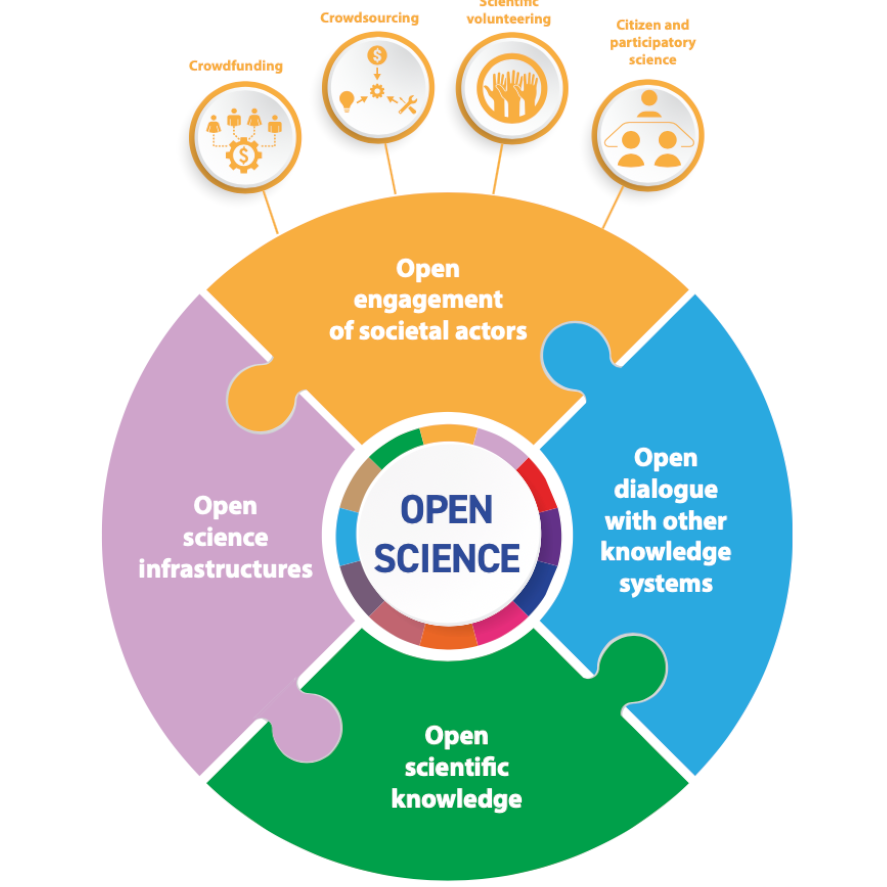
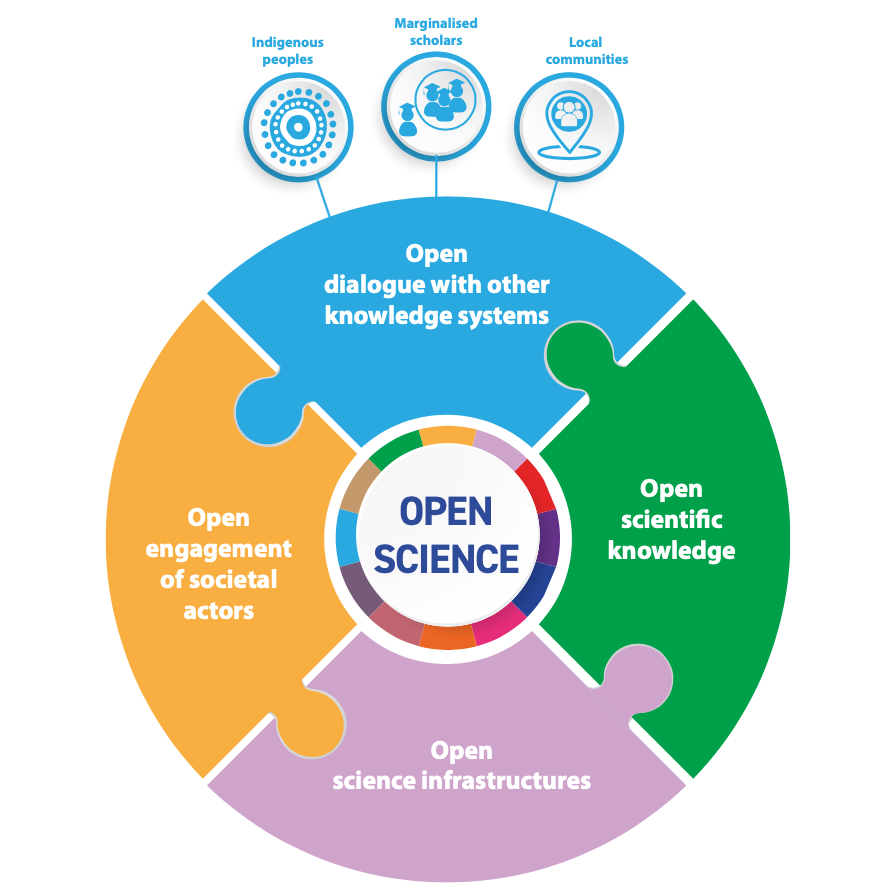
The UNESCO Recommendation on Open Science (OS Rec.) was adopted by the General Conference of UNESCO at its 41st session, in November 2021.
We are now into the implementation phase of the OS Rec. and the global Citizen Science and Open Science Community of Practice has members attending each of the five working groups established to develop references and guidelines for key aspects.
After the first two working group meetings – Capacity Building and Policy and Policy Instruments, we identified a lack of attention to the key areas where citizen science has the most to offer. UNESCO have indicated that they are receiving many requests from countries seeking guidance on how to include and develop the “Opening Science to Society” aspects of the Recommendation. Two of the four pillars of the Recommendation are the areas where citizen science has decades of learned expertise. These are “Open engagement with societal actors” and “Open dialogue with non-traditional knowledge systems”. This is where the global citizen science community needs to come together and produce references and guidelines.
When we brought this to UNESCO’s attention, they recognised that “the pillar of Open Engagement with Societal Actors is an under discussed area, a new and poorly understood/defined one for many science actors.” They then challenged us to do something about that and asked us to lead on several tasks:
A meaningful contribution to start us off will be guidance (as a document for the Open Science Toolkit) for policymakers and leaders, those looking to implement the Recommendation in their country or institution:
- Creating a common, functional vocabulary and conceptualization of open engagement with societal actors, including citizen science
- Identifying principles for initiating, nurturing/sustaining and (potentially) monitoring open engagement, citizen science, etc.
- Showcasing practical examples of success: What do supportive enabling conditions look like? What does a successful initiative look like, in which context?
- HOW do we embed citizen science in Policy – examples
We have established an open global working group and had our first meeting on September 21st to undertake a 10 week project to gather examples of citizen science in Policy, collate them using the metadata UNESCO are proposing, and analyse what we have and what gaps there are – before the World Science Forum on December 6th!
If you are interested in contributing to this significant piece of work for the citizen science community, please refer to the information provided here, and register using this form.
For the last element, we have run a hybrid workshop, co-hosted by UNESCO, for policymakers and practitioners in Berlin on October 5th, just before the ECSA conference, with presenters Sven Schade from JCU and Gabriella Leo from the EU Commission, Margaret Gold from Netherlands and Alison Parker from the US.
Open Science/ACSA in Australia
Following our collaboration on the UNESCO OS Rec. over the last year, ACSA was invited to join the Open Access Australasia (OAA) group. Our response: The Australian Citizen Science Association (ACSA) has just accepted with great pleasure, the invitation from Open Access Australasia, to become an Affiliated Member.
There are many aspects of Open Access and Citizen Science which are aligned and our approach to science and our desire to open science to society is the same.
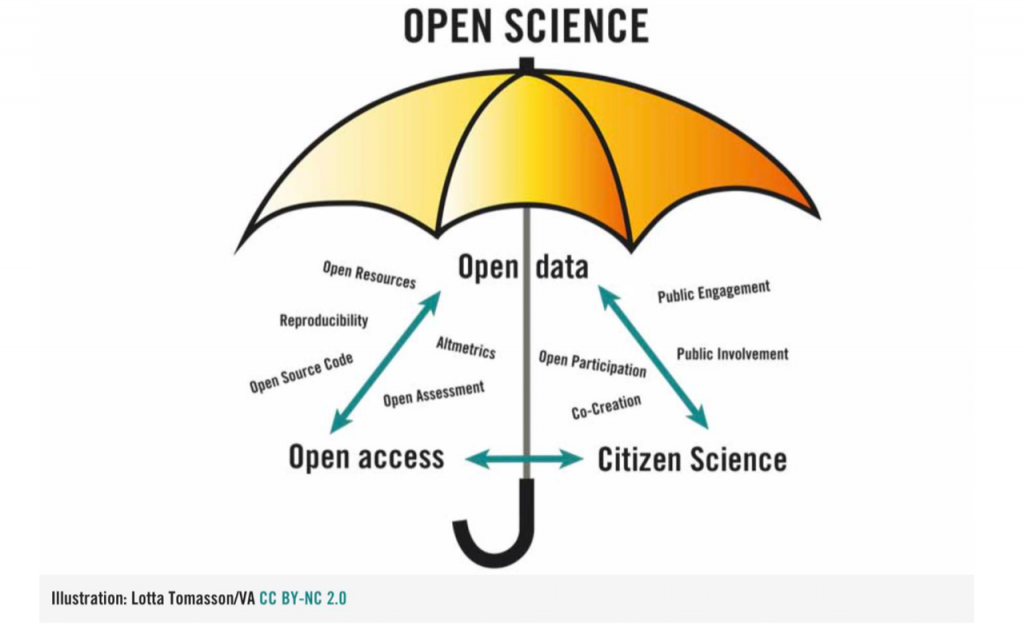
The Values and Principles that guide ACSA’s work are very similar to those of the OAA and both organisations have identified the UNESCO Recommendation on Open Science as having huge potential for leveraging a paradigm shift in mainstream science culture.
Like Open Access, Citizen Science has been developing for over two decades in Australasia. We now have many examples of great science and great science outcomes from citizen science that we would like to share with the Open Access Australasia network and we know we have much to learn from their work and expertise.
Alice Motion and Libby Hepburn presented citizen science in relation to the OS Rec. to an OAA webinar on July 26th. We look forward to exploring collaborations to expand our understanding and strengthen our mutual influence.
ACSA has also been invited to join the newly formed Australian Open Science Network. Libby Hepburn is ACSA’s representative
Open Access Week 2022, 25-28 October
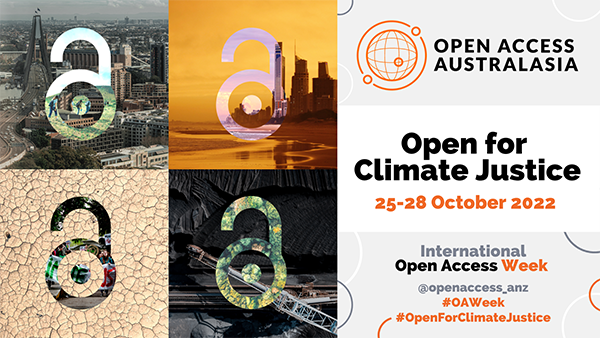
Registrations are now open for the OAA Open Access Week 2022 panels and presentations around this year’s theme of Open for Climate Justice. There will be eight sessions across Open Access Week, two each day from Tuesday 25 Oct to Friday 28 Oct, as well as a two-part (Tue & Fri) hackathon with CAUL to build an OER Guide to Open Climate resources for teachers.
Registration details are on this page and registration is open to anyone who is interested.
